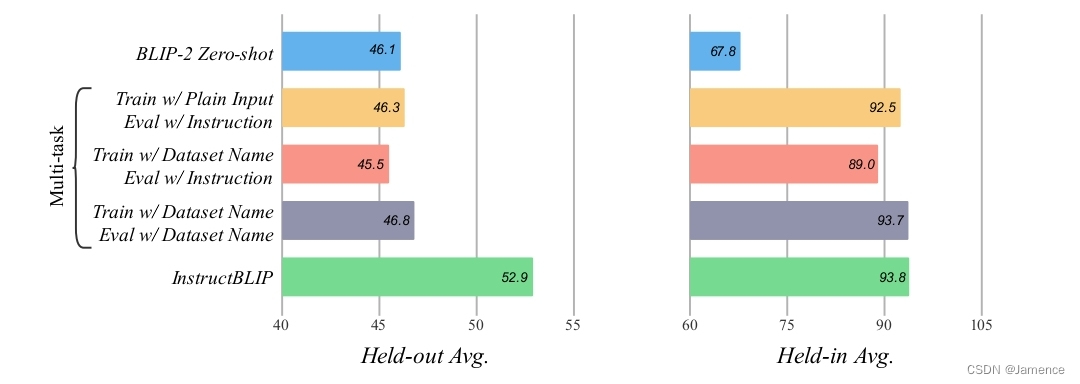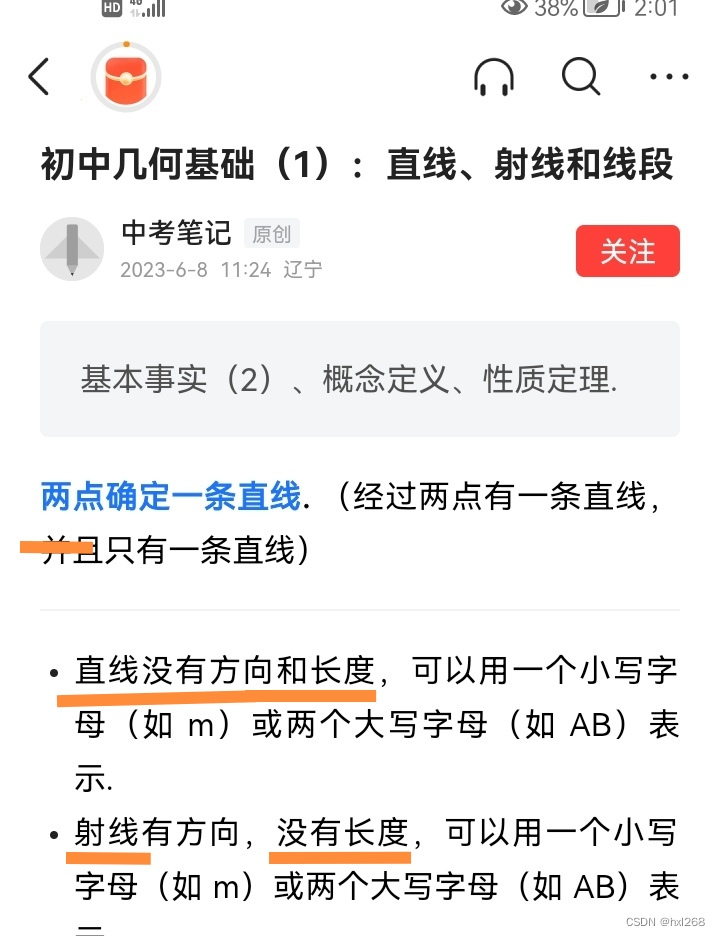目录
牛客_AB13【模板】拓扑排序
题目解析
C++代码
Java代码
牛客_AB13【模板】拓扑排序
【模板】拓扑排序_牛客题霸_牛客网 (nowcoder.com)
描述:
给定一个包含nn个点mm条边的有向无环图,求出该图的拓扑序。若图的拓扑序不唯一,输出任意合法的拓扑序即可。若该图不能拓扑排序,输出−1。

题目解析
拓扑排序裸题,步骤:
-
建图。
-
入队为 0 的点入队。
-
最后来一次层序遍历即可。
C++代码
#include <iostream>
#include <queue>
#include <unordered_map>
#include <vector>
using namespace std;
const int N = 2 * 1e5 + 1;
int main()
{
int n = 0, m = 0;
cin >> n >> m;
int x = 0, y = 0;
unordered_map<int, vector<int>> Edge;
vector<int> in(N);
while (cin >> x >> y) // x 指向 y
{
Edge[x].push_back(y);
in[y]++;
}
// for(auto& [a, b] : Edge)
// {
// cout << a << " -> ";
// for(auto& e : b)
// {
// cout << e << " ";
// }
// cout << endl;
// }
// for(auto& e : in)
// {
// if(e != 0)
// cout << e << " ";
// }
// cout << endl;
priority_queue<int> q;
for (int i = 1; i <= n; ++i)
{
if (in[i] == 0)
{
q.push(i);
// cout << "begin" << i;
}
}
vector<int> res;
while (q.size())
{
int tmp = q.top();
q.pop();
res.push_back(tmp);
for (auto& e : Edge[tmp]) // tmp指向的边的入度减一
{
in[e]--;
if (in[e] == 0) // 减为0了就进队列
q.push(e);
}
// // Edge.erase(tmp); // 加这步?
// for(auto& [a, b] : Edge)
// {
// cout << a << " -> ";
// for(auto& e : b)
// {
// cout << e << " ";
// }
// cout << endl;
// }
// for(int i = 1; i <= n; ++i)
// {
// cout << in[i] << " ";
// }
// cout << endl;
}
if(res.size() != n)
{
cout << -1;
}
else
{
for (int i = 0; i < n - 1; ++i)
{
cout << res[i] << " ";
}
cout << res[n - 1]; // 666666666666666
}
return 0;
}Java代码
import java.util.*;
import java.io.*;
public class Main
{
public static PrintWriter out = new PrintWriter(new BufferedWriter(new OutputStreamWriter(System.out)));
public static Read in = new Read();
public static int n, m;
public static Map<Integer, List<Integer>> edges = new HashMap<>(); // 存储图
public static int[] cnt; //统计⼊度信息
public static void main(String[] args) throws IOException
{
n = in.nextInt(); m = in.nextInt();
cnt = new int[n + 1];
// 1. 建图
for(int i = 0; i < m; i++)
{
int a = in.nextInt(), b = in.nextInt();
// a -> b
cnt[b]++;
if(!edges.containsKey(a))
{
edges.put(a, new ArrayList<>());
}
edges.get(a).add(b);
}
// 2. 拓扑排序
Queue<Integer> q = new LinkedList<>();
for(int i = 1; i <= n; i++)
{
if(cnt[i] == 0)
{
q.add(i);
}
}
int[] ret = new int[n]; // 统计拓扑排序的结果
int pos = 0;
while(!q.isEmpty())
{
int t = q.poll();
ret[pos++] = t;
for(int a : edges.getOrDefault(t, new ArrayList<>()))
{
cnt[a]--;
if(cnt[a] == 0)
{
q.add(a);
}
}
}
if(pos == n)
{
// 输出结果:输出最后⼀个数的时候,不能有空格
for(int i = 0; i < n - 1; i++)
{
out.print(ret[i] + " ");
}
out.println(ret[n - 1]);
}
else
{
out.println(-1);
}
out.close();
}
}
class Read // ⾃定义快速读⼊
{
StringTokenizer st = new StringTokenizer("");
BufferedReader bf = new BufferedReader(new InputStreamReader(System.in));
String next() throws IOException
{
while(!st.hasMoreTokens())
{
st = new StringTokenizer(bf.readLine());
}
return st.nextToken();
}
String nextLine() throws IOException
{
return bf.readLine();
}
int nextInt() throws IOException
{
return Integer.parseInt(next());
}
long nextLong() throws IOException
{
return Long.parseLong(next());
}
double nextDouble() throws IOException
{
return Double.parseDouble(next());
}
}

















![[JAVA]连接数据库 并在Java中实现查询员工信息功能](https://i-blog.csdnimg.cn/direct/aa708e6220284872a600832eaa48259b.png)
